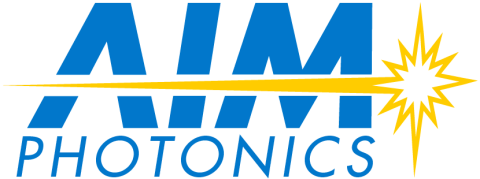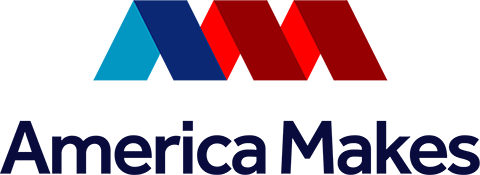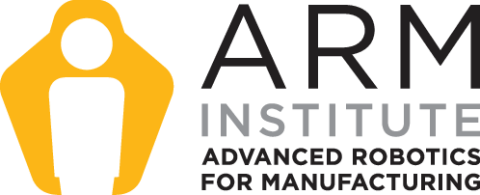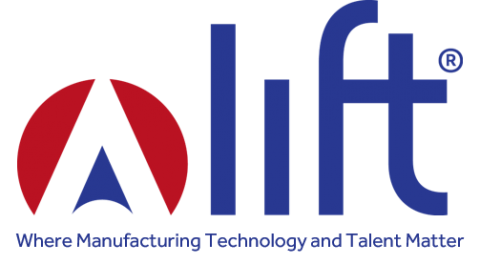About
This Workforce Data Tool is a new, web-based portal that increases knowledge around the US advanced tech manufacturing workforce. By retaining our edge in manufacturing tech competitiveness, we will support our economy and our national security.
By exploring the gaps and overlaps in skills in manufacturing occupations, we will
- Boost the cutting-edge skills needed to serve our sector
- Find the occupations that are booming so we can plan and advise our members accordingly
- Develop sustainable Institute strategies
Methodology
Lightcast is a leading labor market analytics firm. Lightcast uses public and proprietary data to understand and explain the world of work. Lightcast ingests data from public sources including but not limited to the Bureau of Labor Statistics, Census, and the Bureau of Economic Analysis. Lightcast models these public data sources to unsupress data to achieve a higher level of granularity than what is available directly from government sources. Lightcast also maintains a proprietary database of historic and real-time job postings. Lightcast builds this database by "spidering" more than 50,000 job posting sites daily and deduplicating job postings that appear across multiple sites. The text from a job postings are then sent through a program that parses the information into constituent fields, including but not limited to job title, experience and education requirements, employer name, industry name, advertised salary, and the unique skills listed on the job posting.
Lightcast worked with Workforce Development Teams at Department of Defense Innovation Institutes to identify more than two dozen emerging occupations that are critical for advanced manufacturing and the defense industrial base. These emerging occupations do not appear in official occupation taxonomies or datasets such as those maintained by Bureau of Labor Statistics, Census, or other public data sources. Data on these occupations are made available through this tool for the first time.
To scope each occupation, Lightcast sought input from Department of Defense Innovation Institutes, literature review, and an extensive review of job postings at Innovation Institute manufacturing partners and network affiliates. For each emerging occupation, Lightcast queried its job posting database for the unique constellation of attributes that define the emerging occupation. These job posting queries were then used to estimate the historical and real-time demand for the emerging occupations. Lightcast then used the historical demand data to model the current supply of workers in the emerging occupations, on the premise that historical hiring patterns are indicative of current supply.
Lightcast leveraged its taxonomy of over 20,000 unique skills to create skill profiles for each emerging occupation and to assess the "skills similarity" between the emerging occupations and other occupations in the broader economy. Skills similarity is a measurement of the overlap in key skills between two occupations. Occupations that commonly request many of the same skills have a high similarity, whereas occupations that require altogether different skills have a low similarity. Lightcast used the measurement of skill similairty between the emerging occupations and all other occupations to identify feeder and next-step occupations for the emerging occupations. Feeder occupations are the best-fit, most skills-similar occupations where workers are currently earning less than they could in the destination emerging occupation, and next-step occupations are potential advancement jobs for workers in the emerging occupations.
Glossary
These are definitions of key terms used throughout the Workforce Data Tool.
Occupations
The Lightcast team worked with key stakeholders at the Institute and DOD to create four main levels of occupations to be included in this tool.
Technician/Specialist Level
Engineering Level
Management/Support Level
IT Level
Tooltips
The Workforce Data Tool is designed with following functionalities:
Workforce Size and Demand by Location in 2024
Total Postings
Total Supply
Total Employment
Job Market Supply vs. Demand in 2024
Percent Change in Yearly Job Postings from 2017 to 2024
Top In-Demand Skills for ALL Occupations in United States
Benchmark for similar occupations
Overlapping Skills Between Destination Occupation and Feeder Occupations
Destination Occupation
Salary Premium
This tool could not have been developed without the input, knowledge and expertise of the Workforce Institutes. Special thanks and notable mentions below:









